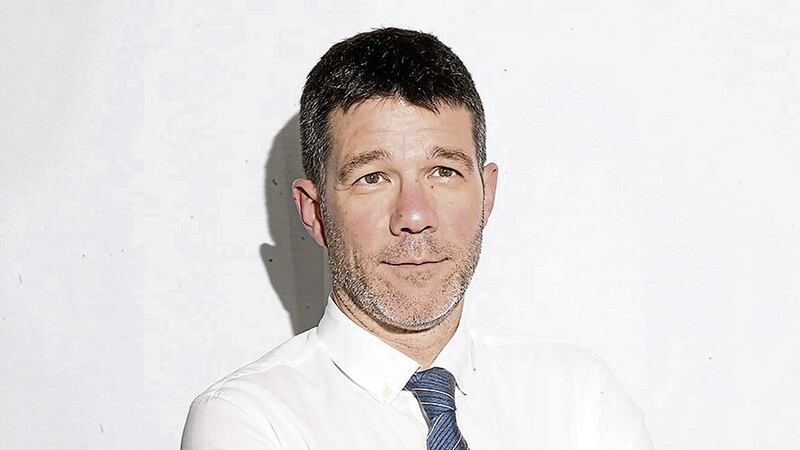IN theory, there should be one powerful advantage to mandatory coalition: consensus on difficult decisions. That theory has been conclusively disproved by Stormont’s inability to deliver health reform.
Although every democratic system struggles with rationalising hospitals, the absurdity of Stormont’s refusal is in a league of its own.
All five parties in the last executive adopted the most recent of the many, many reports advocating reform, the 2016 Bengoa Report, following the New Decade, New Approach deal to restore devolution. Then they all tried not to take the Department of Health – it was forced on the UUP, which had last choice.
Bengoa had previously been adopted as policy by the DUP-Sinn Féin executive of 2016. The report built on the 2011 Transforming Your Care review, commissioned by the DUP.
So reform has been accepted in principle by all five parties once, by Sinn Féin twice and by the DUP three times, yet all five still oppose it in practice.
Northern Ireland’s smaller general hospitals tend to be in border constituencies. This can invoke traditional divides and cause perceptions of discrimination, by omission if not commission.
In 2020, SDLP leader Colum Eastwood said his party’s representatives would not lobby against health reform in their constituencies, provided changes had been recommended by experts. The SDLP has been unable to stick to this over Daisy Hill, in objections and motions backed by Sinn Féin.
However, mixed constituencies are no better. Craigavon Area Hospital serves a well-balanced catchment of unionists and nationalists. In 2019, when some of its breast cancer services were centralised to Antrim and Belfast in accordance with Bengoa, all five main parties supported campaigns against it – the DUP even organised a public meeting. Worse still, none of the parties have since championed the centralisation as a success, as it has been, so frightened are they of their own policy.
Last week, a surgeon spoke out about the withdrawal of some services at the South West Acute Hospital, saying rationalisation is happening regardless of “parish pump politics” because medical professionals are “voting with their feet”.
Sinn Féin’s Fermanagh MLA Colm Gildernew denounced this as a “disgraceful” way to refer to “genuine concerns” and said collapse of services is not reform.
Until last month, Mr Gildernew was chair of the assembly’s health committee, which provides cross-party scrutiny of mandatory coalition. Where is the evidence reform was helped by the executive parties marking their own homework?
As an aside, it has been rare for senior clinicians to speak out. More have since done so – a sign of how urgent the crisis has become. The candour of their insights is badly needed and they should not be scared back into silence.
Surveying all this failure of political leadership, there is one bright spot, or at least one less dim spot.
After the 2016 assembly election, the DUP and Sinn Féin found themselves alone in the executive as every other party chose the new option of opposition. They decided to make a virtue of necessity, proclaiming themselves responsible partners in government while others had walked away. Delivering health reform was part of this assertive stance, promoted with a new collegiate media operation. Both parties even managed to sign a joint statement on Brexit.
This raises the unexpected possibility that difficult decisions are easier in a government versus opposition system, even at Stormont. An executive under attack has to unite and demonstrate it is trying to make its policies work.
The debate on reforming power-sharing might consider if opposition should be encouraged, short of moving to full voluntary coalition.
We now know the brief experiment of 2016 was disintegrating behind the scenes. Some in the DUP believe it ended in part because Sinn Féin regretted taking the Department of Health and wanted out. The question for the DUP is whether it would be as enthusiastic about two-party rule now it is no longer the largest party. Seizing responsibility must have looked more attractive with a partner that could be portrayed as a sidekick.
There is a more profound question for Sinn Féin. The party’s record is an odd mix of daring U-turns on deeply-held republican and socialist convictions, combined with a horror of unpopular everyday decisions and a tendency to latch on to public concerns when it should explain and lead.
As the largest party, would Sinn Féin finally grasp the responsibilities of office or would it freeze before the parish pump?
One way or another, north or south, we should soon find out.








